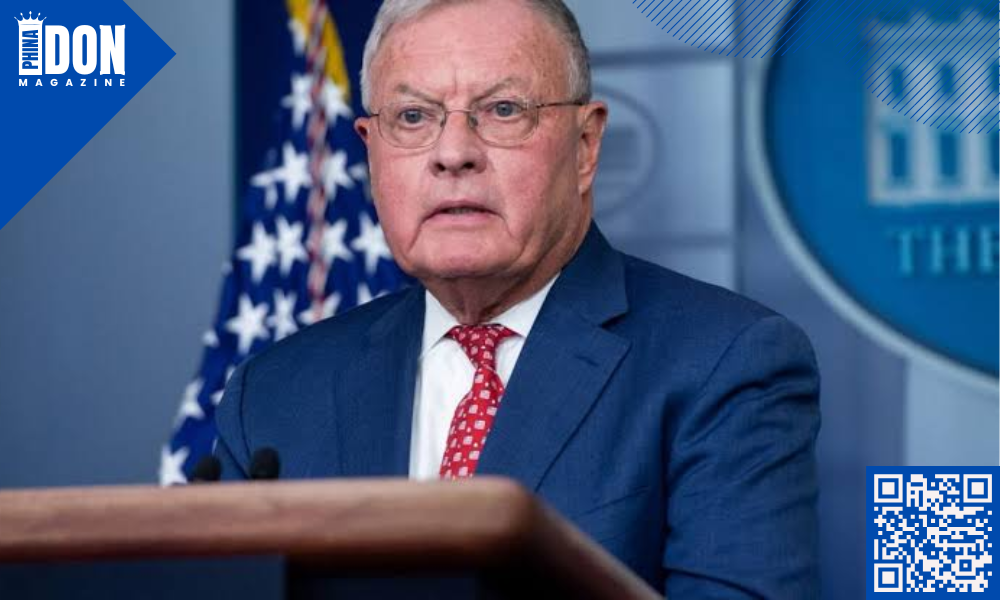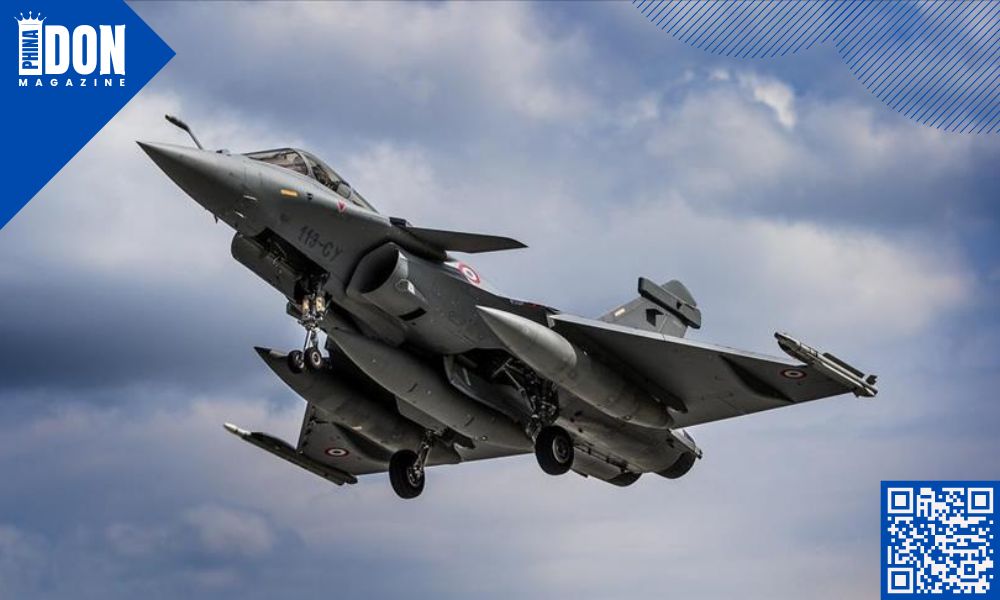Foreign
The Exclusion of European Allies from Ukraine Peace Talks: Implications and Concerns.

In a recent statement, Keith Kellogg, the United States’ Ukrainian envoy, indicated that European nations will not be included in discussions aimed at reaching a peace agreement for Ukraine. This announcement follows the U.S. administration’s outreach to European capitals, inquiring about their potential contributions to security guarantees for Kyiv.
The backdrop to this development is a surprising call from former President Donald Trump to Russian President Vladimir Putin, made without prior consultation with European leaders or Ukrainian representatives. Trump’s unilateral approach has raised alarm among European allies, particularly in light of U.S. officials suggesting that NATO countries should assume greater responsibility for European security as the United States shifts its focus to other priorities, such as border security and countering the influence of China.
Kellogg articulated the U.S. vision during a global security conference in Munich, asserting that the U.S. would assume the role of intermediary in peace talks between Ukraine and Russia, with no provision for European participation. He characterized the exclusion of Europe as a pragmatic decision, stating, “I’m (from) a school of realism. I think that’s not gonna happen.”
Despite his statements, European leaders have swiftly countered this narrative, emphasizing the necessity of their involvement in any discussions concerning Ukraine’s future. Finnish President Alexander Stubb articulated a common sentiment among his peers, asserting that “there’s no way in which we can have discussions or negotiations about Ukraine… without Europeans.”
Stubb’s remarks underscore the urgency for Europe to unify and enhance its engagement, as he contended that “Europe needs to talk less and do more.” The concerns surrounding this potential sidelining cannot be understated, as a peace deal perceived to favor Russia could have dire implications for the continent’s security landscape.
As the situation continues to evolve, it remains critical for Europe to assert its interests and ensure that it plays an integral role in shaping the resolution to this conflict. The coming months will reveal whether the U.S. approach will foster stability or exacerbate tensions on the European front.
Entertainment
Nigerian Union in Denmark to Host 2025 Summer Picnic at Fælledparken, Copenhagen Denmark.

As the summer sun graces Copenhagen, the Nigerian Union in Denmark is gearing up for an unforgettable gathering to bring together Nigerians living in and around the city. On July 27th, 2025, from 2pm to 6pm, Fælledparken will be abuzz with laughter, camaraderie, and a joyous display of culture as the Union hosts its annual summer picnic.
Ambassador T. A. Elias Fatile, PHD, CDAai, the Head of Mission at the Embassy of Nigeria in Stockholm, Sweden, will attend the event. While the Queen Phinadon will serve as the MC at the Event. This well-anticipated event isn’t just about fun—it’s about weaving even stronger threads of connection amongst members of the Nigerian community in Denmark. We find it inspiring to see initiatives like this that go beyond mere socializing to focus on fostering unity, peace, and a continued sense of belonging so far from home. There’s a unique magic when familiar faces gather under the open sky, share stories, and celebrate with traditional warmth.
To foster a dynamic and engaged community for Nigerians in Denmark, They aim to: provide support to members facing challenges; encourage collaboration in social, economic, cultural, and political spheres between Nigeria and Denmark; and actively contribute to Nigeria’s development. Further aims and objectives are detailed in our constitution, accessible to members.
So, what’s on the agenda this year? For starters, there will be an energetic football competition—because, let’s be honest, nothing says “community” like a friendly match where everyone is a superstar, at least for a moment! If football’s not your thing, don’t worry: interactive games, the quirky and always amusing king game, dance sessions, and plenty more activities will keep spirits high and bring out hearty laughs from attendees of all ages.
And it wouldn’t be a true Nigerian get-together without music and dance! Picture a pop-up dance party on the green, with classic beats and contemporary hits bouncing through the park, inviting everyone to join in. For newcomers, these moments offer a gentle entry into the circle, and for longtime members, they provide the comfort of nostalgia.
As picnic baskets open, treats are shared, and new memories are created, the day promises not just entertainment but meaningful connections—some that may last a lifetime. Whether you’re bringing your family, friends, or just your good vibes, this is your invitation to celebrate, reconnect, and bask in the collective spirit of Nigerians in Denmark.
Mark your calendars for July 27th, gather your game face (and dancing shoes), and get ready to be part of something special in Fælledparken. We can almost hear the laughter already—and we wouldn’t want anyone to miss out on it!
Foreign
UK Deploys Military Assets to Middle East Amidst Escalating Iran-Israel Conflict.

In response to the escalating conflict between Iran and Israel, the United Kingdom is deploying fighter jets and other military assets to the Middle East. Prime Minister Keir Starmer announced the deployment, stating it is for “contingency support.”
The Prime Minister has engaged in discussions with both US President Donald Trump and Israeli Prime Minister Benjamin Netanyahu, emphasizing the need for de-escalation. Foreign Secretary David Lammy has also communicated with Iranian officials, urging restraint and emphasizing the importance of protecting civilians.
The UK’s actions reflect a commitment to regional stability and a concerted effort to prevent further escalation of the conflict. Ongoing discussions with allies aim to de-escalate the situation and promote a peaceful resolution.
Foreign
A person who attacked and killed a Nigerian schoolboy with a sword in the UK has been sentenced to life in prison.

Marcus Monzo, a 37-year-old of Spanish-Brazilian descent, has been sentenced to life imprisonment with a minimum term of 40 years for the murder of 14-year-old Daniel Anjorin in Hainault, northeast London. The sentencing follows Monzo’s conviction for the unprovoked and brutal attack on Daniel, as well as attacks on other members of the public and police officers, in April of last year.
The court heard how Monzo, under the influence of cannabis-induced psychosis, initiated a violent rampage, culminating in the near-decapitation of Daniel Anjorin as the young boy walked to school. Judge Joel Bennathan strongly condemned Monzo’s actions, acknowledging the profound grief inflicted upon Daniel’s family.
Judge Bennathan also commended the bravery of the police officers involved, highlighting their courage in confronting and disarming Monzo, thereby protecting the public. Monzo’s sentence reflects the severity of his crimes and the devastating impact on the victims and the community.








